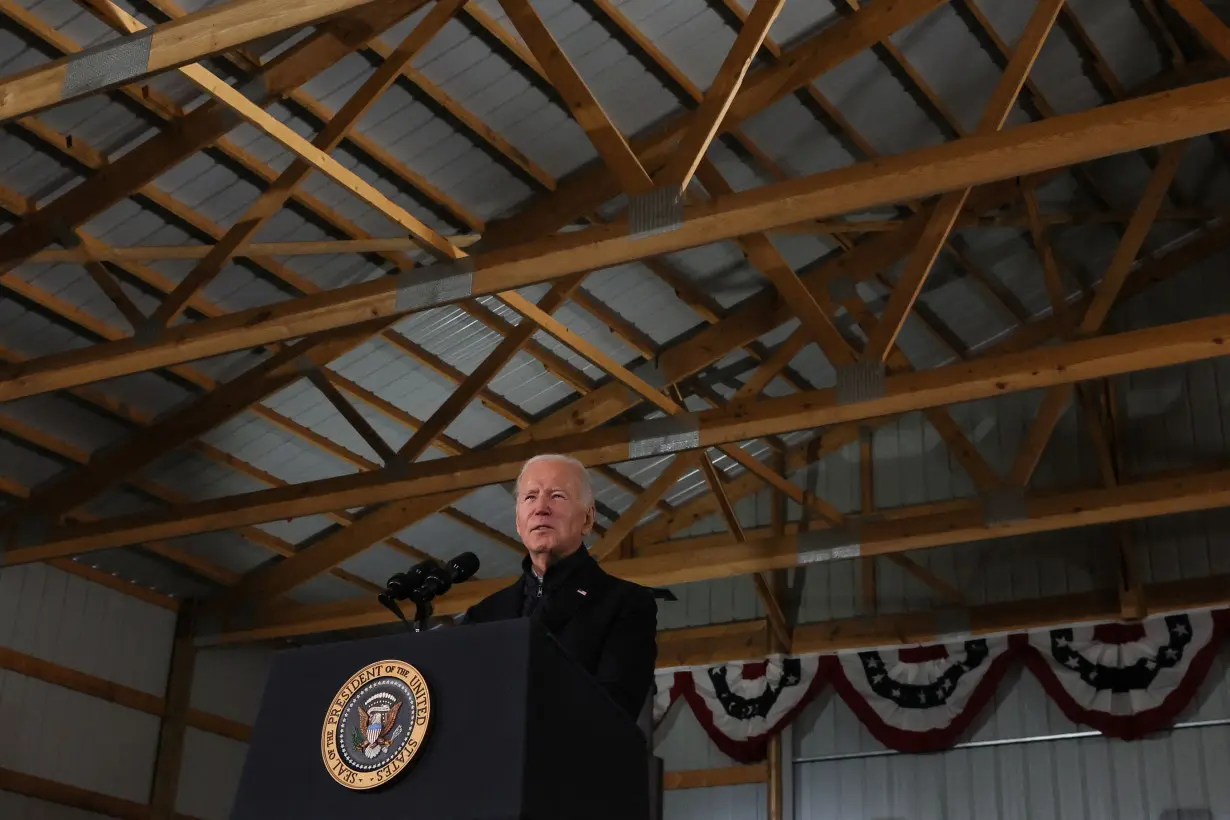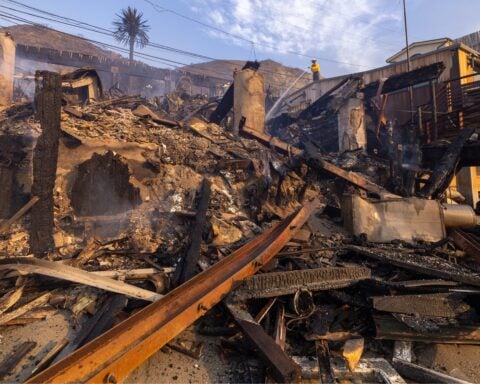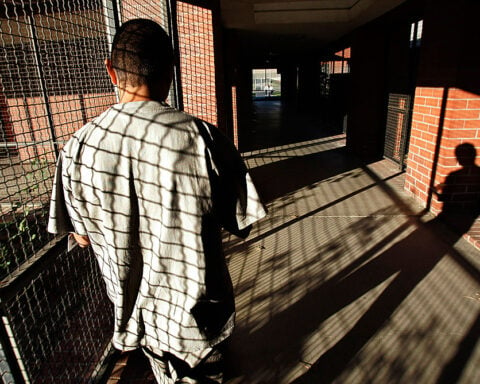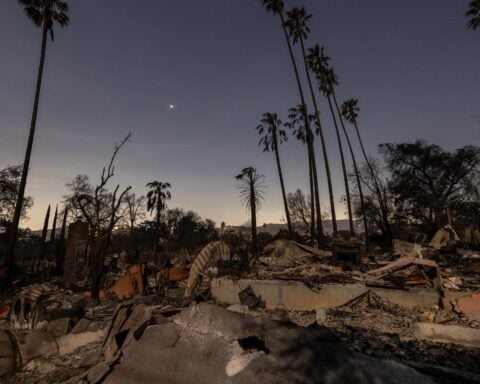By Nandita Bose
MINNEAPOLIS/ST PAUL (Reuters) - U.S. President Joe Biden is expected to sweep Minnesota's Democratic primary on Tuesday, but some suburban women and Jewish activists are joining Muslim Americans in an "uncommitted" protest vote over his Israel policy, voter interviews show.
Biden, 81, has been dogged by anger and a growing, organized backlash from some members of his own party over his staunch support for Israel as the U.S. ally's attacks on Gaza have created a humanitarian catastrophe and killed over 30,000 people. Israel is responding to Hamas's Oct. 7 attacks that killed 1,200.
Minnesota's hastily organized "uncommitted" vote push comes after more than 100,000 joined a similar protest in Michigan's Democratic primary. Organizers say they don't expect it to attract the same 13% of all votes, or about one in eight, as Michigan did.
But it is getting backers from a wide range of Democrats in and around Minneapolis and St. Paul, known as the Twin Cities, Reuters interviews show.
Walter Fromm, 26, a Minneapolis activist and self-described "anti-Zionist Jew," said his grassroots group "Take Action Minnesota" has been supporting the "uncommitted" campaign.
"I've reached out to my entire Jewish community here in the Twin Cities," he said, as well as friends across the United States. "We need a permanent ceasefire now. We need aid and restoration and support for 1.9 million starving Palestinians in Gaza."
Fromm predicts the "uncommitted" movement, which is organizing in Georgia and Pennsylvania, among other battleground states, will "continue to grow ... state by state and continue to win delegates."
None of the voters Reuters interviewed said they plan to support Donald Trump, the likely Republican nominee.
While the general election pits party against party, the primary is a space for Democrats to "hold our own side accountable, to really make them listen to what the people want," said Charlie Bartlett, 27, a development associate at a literary arts nonprofit, who said she was voting uncommitted in Richfield, Minnesota, a suburb of Minneapolis.
Some cited Kamala Harris's call for a temporary ceasefire on Sunday on the historic bridge in Selma, Alabama, show the administration, and particularly the vice president, are listening to uncommitted protests.
"I don't think the vice president would have made such a sweeping statement if Super Tuesday wasn't happening and we have been seeing the same thing with President Biden," said Asma Nizami, an organizer of Vote Uncommitted in Minnesota.
"Because it's going national and because there are other states that are part of this," the administration can't sweep it aside, she said.
Harris called out Israel on Sunday for not doing enough to allow aid into Gaza, where she said people were suffering from inhumane conditions and a "humanitarian catastrophe," going further in her remarks critiquing the Middle Eastern country's government than Biden has.
The speech had been read and edited by Biden's National Security Council in advance, which is standard practice, officials say. Harris later sought to tamp down suggestions that there was any distance between her and the president on the issue, telling reporters on Monday that the two were "aligned."
Biden "hears the voters participating in the 'Uncommitted' campaigns," said a Biden campaign official, who did not want to be identified by name. "He shares their goal for a just, lasting peace - and he's working tirelessly to that end," she said pointing to the vice president's comments and recent U.S. airdrops of food in Gaza.
"Uncommitted" activists have been "clear that they don't support President Trump, and many have gone so far as to say this push is about making Biden a stronger candidate for November," the campaign official said.
(Reporting by Nandita Bose; additional reporting by Jeff Mason; Writing by Heather Timmons; Editing by Jonathan Oatis)

 Insurance for natural disasters is failing homeowners − I don’t have the answers, but I do know the right questions to ask
Insurance for natural disasters is failing homeowners − I don’t have the answers, but I do know the right questions to ask
 Joe Biden’s record on science and tech: Investments and regulation for vaccines, broadband, microchips and AI
Joe Biden’s record on science and tech: Investments and regulation for vaccines, broadband, microchips and AI
 Meta shift from fact-checking to crowdsourcing spotlights competing approaches in fight against misinformation and hate speech
Meta shift from fact-checking to crowdsourcing spotlights competing approaches in fight against misinformation and hate speech
 In eyeing Greenland, Trump is echoing long-held American designs on the Arctic expanse
In eyeing Greenland, Trump is echoing long-held American designs on the Arctic expanse
 South Africa tried to pressure informal gold miners by cutting off food. Now it's pulling out bodies
South Africa tried to pressure informal gold miners by cutting off food. Now it's pulling out bodies
 Poland's leader accuses Russia of planning acts of sabotage against 'airlines around the world'
Poland's leader accuses Russia of planning acts of sabotage against 'airlines around the world'
 Jayden Daniels accomplishes a feat last done by Slinging Sammy Baugh in 1937
Jayden Daniels accomplishes a feat last done by Slinging Sammy Baugh in 1937
 Wildfires latest: A final round of dangerous fire weather and dry conditions is in the forecast
Wildfires latest: A final round of dangerous fire weather and dry conditions is in the forecast
 Kamala Harris memes questioning her cultural background highlight Americans’ contradictions with race
Kamala Harris memes questioning her cultural background highlight Americans’ contradictions with race








